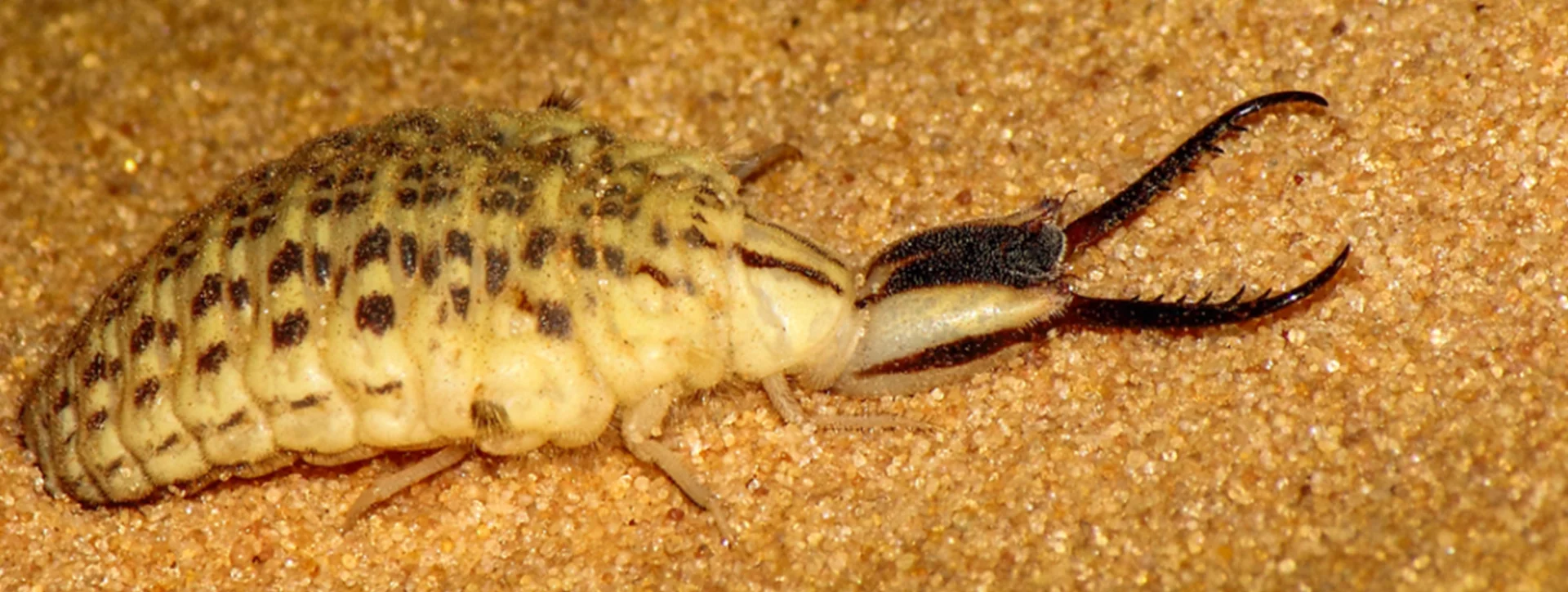4. Dung beetles navigate via the Milky Way
According to recent studies in South Africa, dung beetles use the milky way to navigate their way at night and move in a line to reflect it. Astonishingly, they are the first known species to do this in the entire animal kingdom.
5. Their movements are environmentally friendly
When they roll their dung along the ground, the movement helps to aerate the soil and fertilize the ground by spreading animal matter like compost.
This unique species is listed as vulnerable of the IUCN list due to several factors such as habitat loss due to agriculture and human interference. These little creatures also have a low breeding capacity and a low ability to disperse due to their flightless nature.
The reintroduction of this incredible beetle is one of our proudest success stories at Shamwari. Make sure to look out for these insects when out on safari, they make for interesting sightings!




